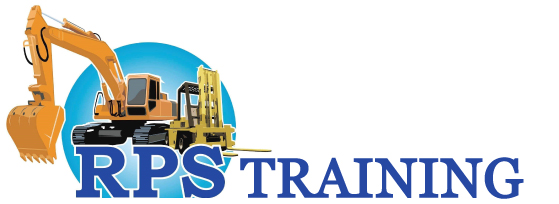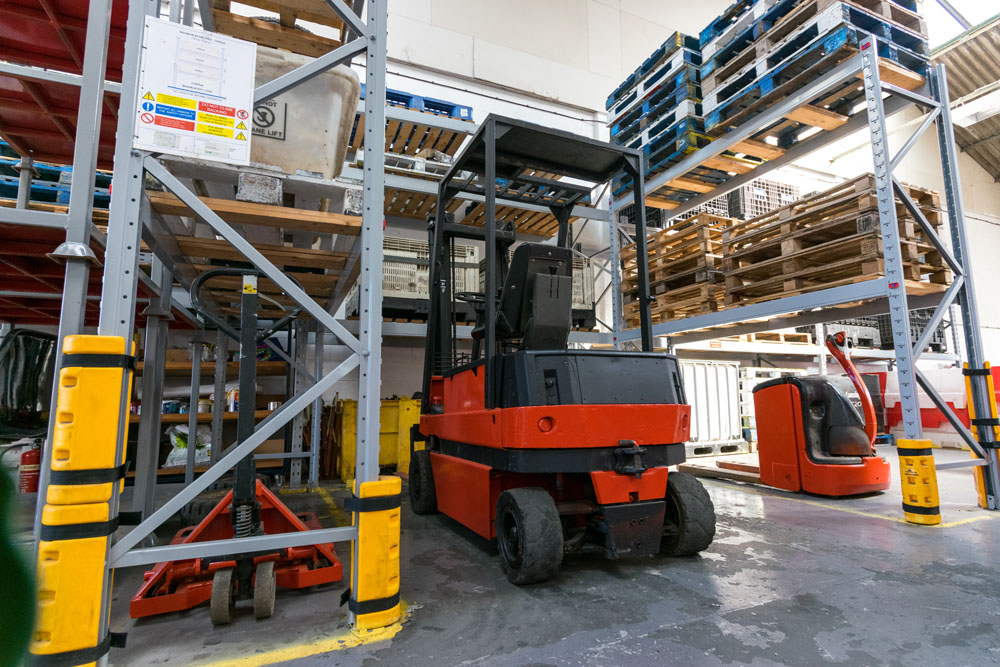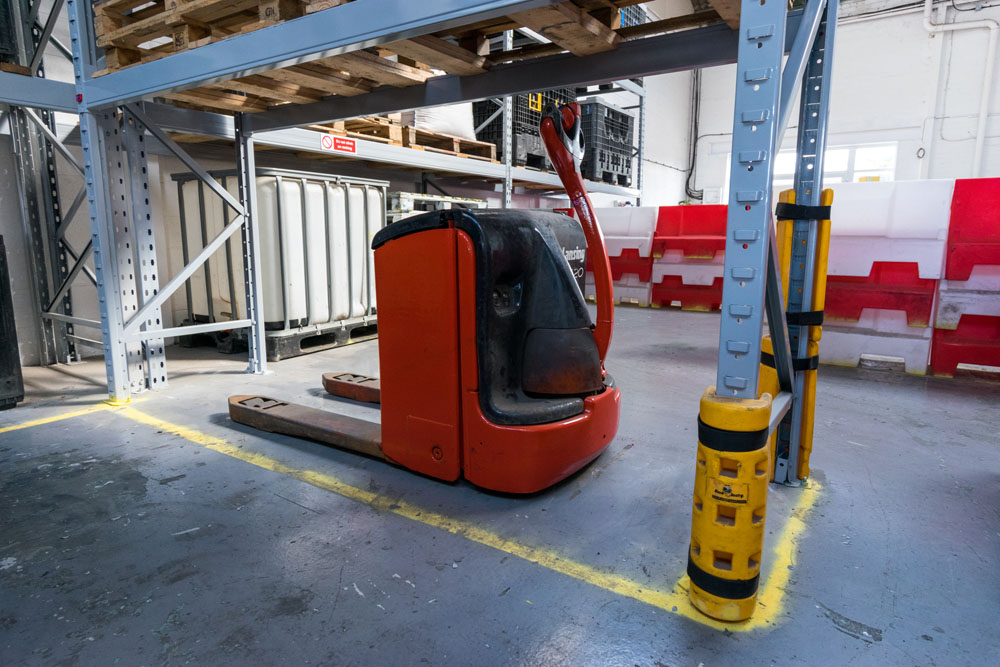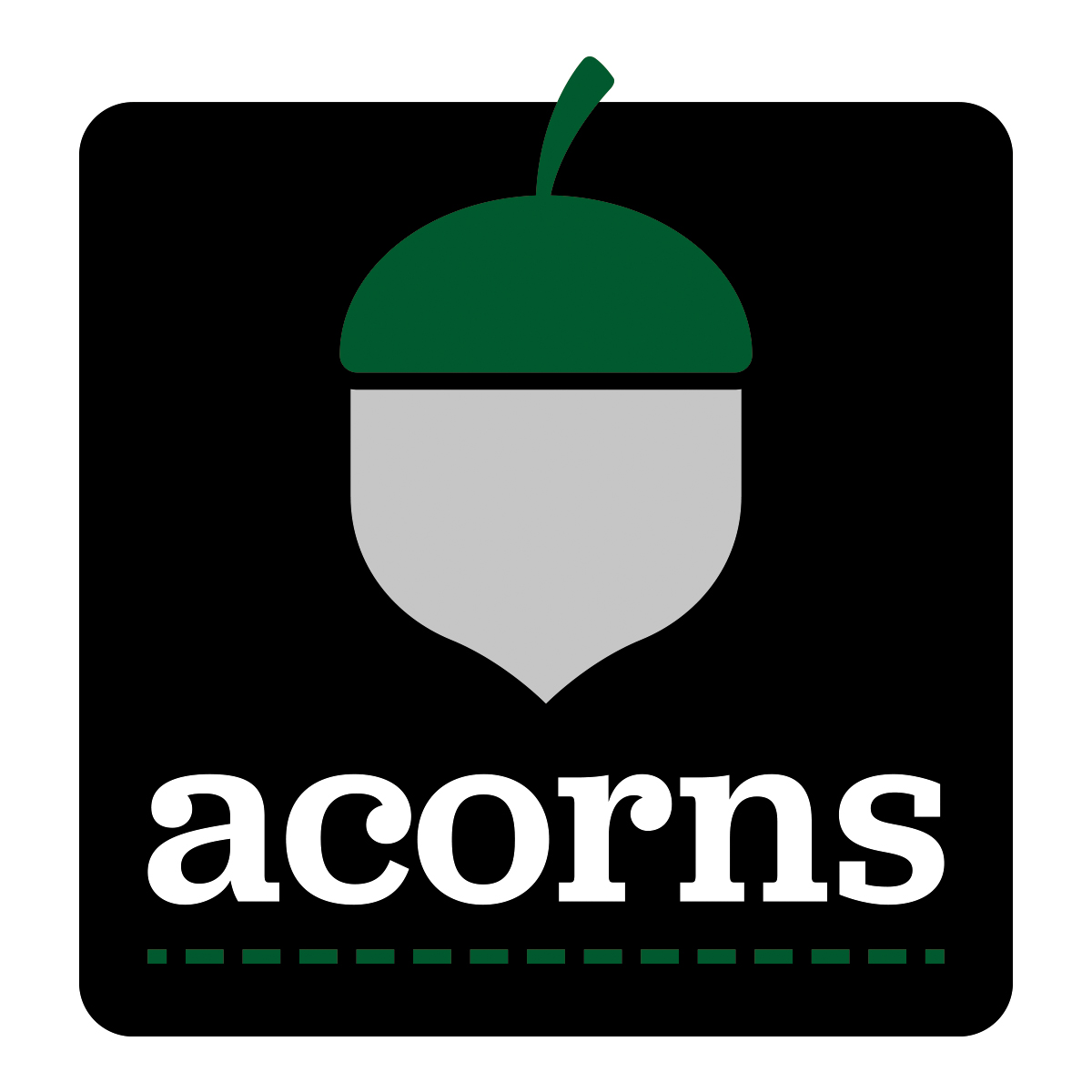Modern fork lift trucks are designed to be safer and more efficient than ever before, but that doesn’t mean you can sit back and relax.
There are still more than 7,000 reportable injuries involving fork lift trucks every year, so it’s as important as ever to protect yourself and your staff by making sure you comply with the law.
Take one look at the list of regulations and you’ll see that it can be a minefield. However, here at RPS Training we are always one step ahead.
As the leading provider of fork lift training in Preston and covering the whole of Lancashire, we constantly monitor and interpret new and updated legislation and will give you the very latest information to help you meet regulations.
To really succeed, you need to build a culture of safety awareness in your workforce. Our AITT accredited fork lift safety training courses are designed to help your staff understand the role they must all play in keeping their workplace legal and safe.
These will help your company to comply with the Health and Safety Commission’s Approved Code of Practice (ACOP), which sets out your legal obligations to make sure fork lift truck operators are properly trained.
This law says there should be three key stages of training:
- Initial training to gain basic knowledge and skills
- Specific job training in the work environment
- Familiarization training that involves supervision on the job
Employers must keep records of all training, including refresher training,
If you are an employer or fork lift operator, you will also need to understand and comply with several key pieces of legislation:
The Health and Safety at Work Act 1974
The Health and Safety at Work Act makes all employers responsible for identifying risks to the health, safety and welfare of their staff and then doing everything they reasonably can to minimise those risks.
This means employers must check the safety of work equipment, make sure it is well maintained and regularly inspected and make sure staff are properly trained and understand the jobs they must carry out.
As a general guide, you should follow these rules:
- Provide a separate area for pedestrians and fork lift trucks
- Only allow trained staff to operate fork lift trucks
- Carry out tyre pressure, brake, light, battery and warning signal checks each time fork lift trucks are used
- Avoid lifting excessive loads and observe floor loading limits
- Don’t carry passengers or block exits by parking or stacking in front of them
In turn, workers must do everything they can to protect their own health and safety and that of colleagues by making sure they correctly use fork lift equipment.
Environmental health officers and HM Factory Inspectorate enforce the Act and penalties for breaking the law have recently been increased through the Health & Safety (Offences) Act to a maximum fine of £20,000 and the option of imprisonment. It is for the courts to decide if employers have taken ‘reasonable and practicable’ steps to prevent risks.
To comply with health and safety legislation, forklift truck training must be carried out according to Health & Safety Executive (HSE) guidelines and by accredited training providers.








